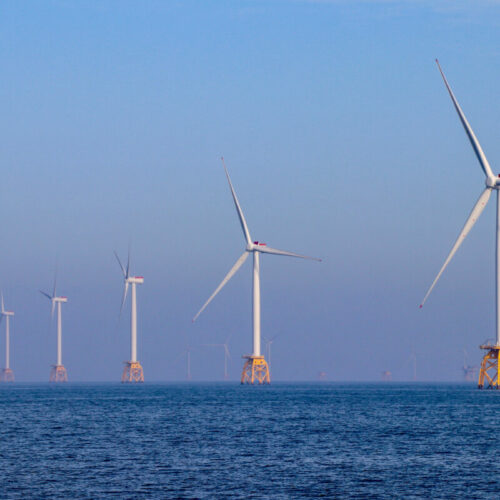National Grid ESO has signed a memorandum of understanding (MoU) with the UK government to support the creation of digital twins.
Led by the government’s Department for Business and Trade, the National Digital Twin Programme will help people recognise how digital twin-related technologies and processes can support a number of aims across the energy sector.
It is also worth noting that this will complement ESOs own Virtual Energy System Programme which aims to create an ecosystem of connected digital twins of the entire energy system of GB that will operate in synchronisation with the physical system. Indeed, ESO hopes this programme will enable the sharing of energy data across organisational and sector boundaries.
In a statement, ESO said that the MoU will initially focus on developing integrated high-level technical design and architecture, which identifies the interfaces between components of the future energy system data sharing infrastructure.
It will also look to scope the technical, process, and policy requirements for achieving and developing an integrated minimum viable product that can be used to practically demonstrate connected digital twins.
Shubhi Rajnish, chief information officer at the ESO, said: “We are excited to sign this Memorandum of Understanding with the National Digital Twin Programme, led by the Department for Business and Trade, to look at the components for developing an energy sector data sharing infrastructure.
“This collaboration is a significant step for energy digitalisation and the goal of enabling secure and resilient exchange of data across the sector, to support the delivery of a zero-carbon energy system in GB by 2035.”
Digital twins have been touted as a potential technology to help policymakers and industry players make informed decisions on the electricity system via a replica. This analysis was backed up by Energy Systems Catapult which released a report in February 2023 indicating that digital twin technologies could be used by government and regulators to develop possible future policies.





